2024. May 31.
Hunor Veress, the main organiser of this year’s International Week, introduces himself and talks about his activities as an international mentor.
Hunor Veress, a member of BME’s International Mentor Team (IMT), shared his experiences, goals and achievements with the readers of bme.hu.
Please introduce yourself as a mentor! How long have you been working in the mentor team?
I have been active as a mentor since February 2022. The IMT community is extremely diverse, both in terms of studies and interests, which is why even meetings that might seem boring are enjoyable. You can never be bored in the IMT; there's always a task to work on, usually as part of a team, so my days are quite active.
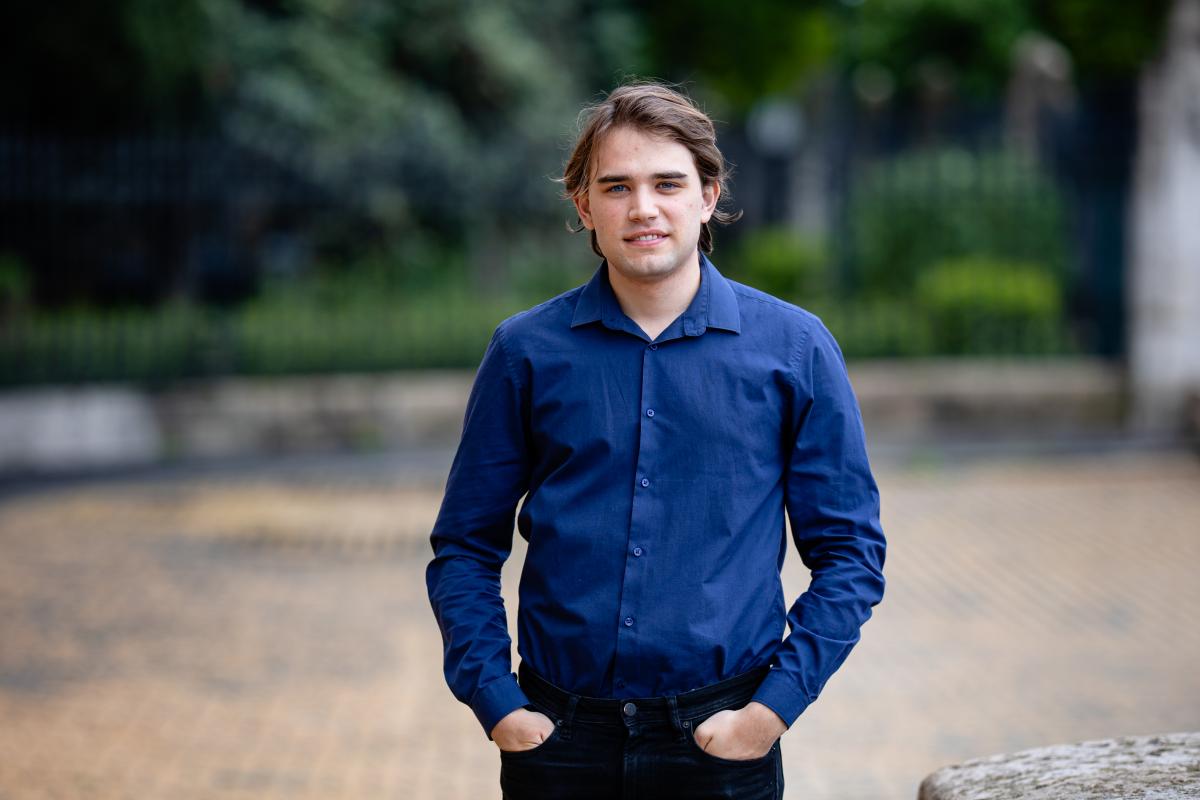
What do you consider important to tell first to foreign students arriving in Hungary?
It is extremely important that they apply for their TAJ card as soon as possible and sign up for the private insurance package offered by the University. Many don't consider this important because “they won't get sick anyway”, but come the flu season, most people have a different opinion and are glad they applied on time.
In your opinion, what is the most important task of the mentor team?
The tasks of the mentor team are diverse, I couldn't highlight just one. We help in apartment hunting by communicating with landlords who don't speak English. In case of health issues, we assist in finding the right doctor and institution, accompany students to appointments, and provide translation if needed. We help navigate Hungarian and university bureaucracy and organise 5-6 events monthly to aid in their socialisation. I would consider these our most important tasks.
What tasks do you perform within the team?
Within the IMT, I work in two working groups: MedHelp and Programme. In the former, we help students navigate the Hungarian healthcare system, in the latter, we organise the monthly events mentioned earlier.
The first weeks in Hungary are crucial for new students. Our goal is their socialisation, so every year we organise a registration week programme series for them, of which I was the main organiser this autumn. Also in the first weeks, we organise “flat searching” events where students bring apartment listings, and we help establish contact with non-English-speaking landlords. We arrange viewing appointments and accompany them if needed to overcome language barriers.
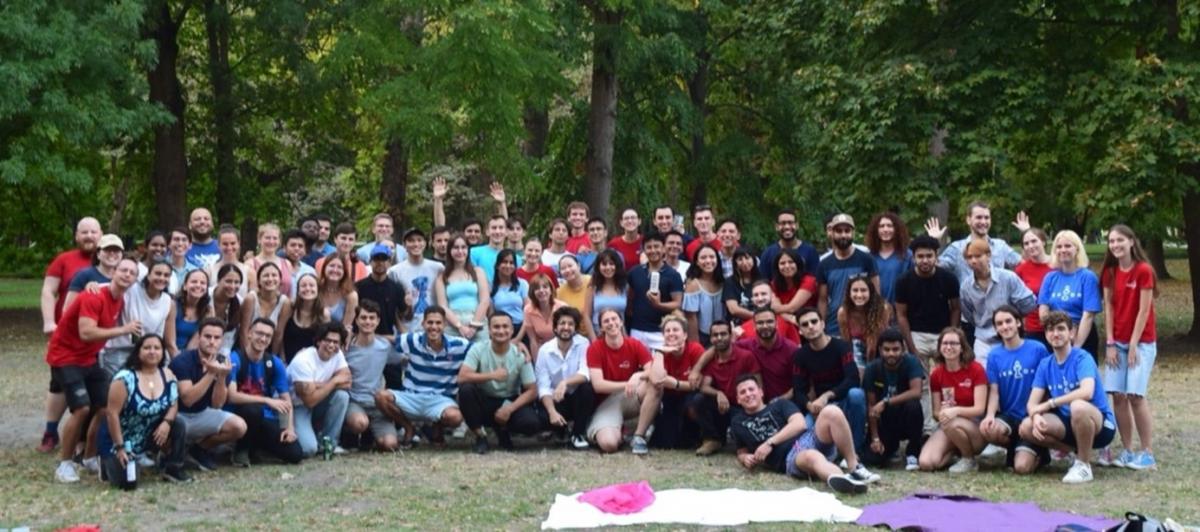
Additionally, this term, we held the International Week event series for the third time, where I was one of the main organisers.
My ongoing task is maintaining contact with international and Hungarian student clubs. Unfortunately, it’s challenging to involve foreign students in Hungarian student groups primarily due to language barriers, but we continuously try to reach out to communities where this is not an obstacle. Our long-term goal is to make University Experience accessible to foreign students at every faculty. With the help of the Seniors, we’ve successfully introduced foreign study circles at the Faculty of Electrical Engineering and Informatics for the second year now, providing a lot of extra benefits to international freshmen at the faculty.
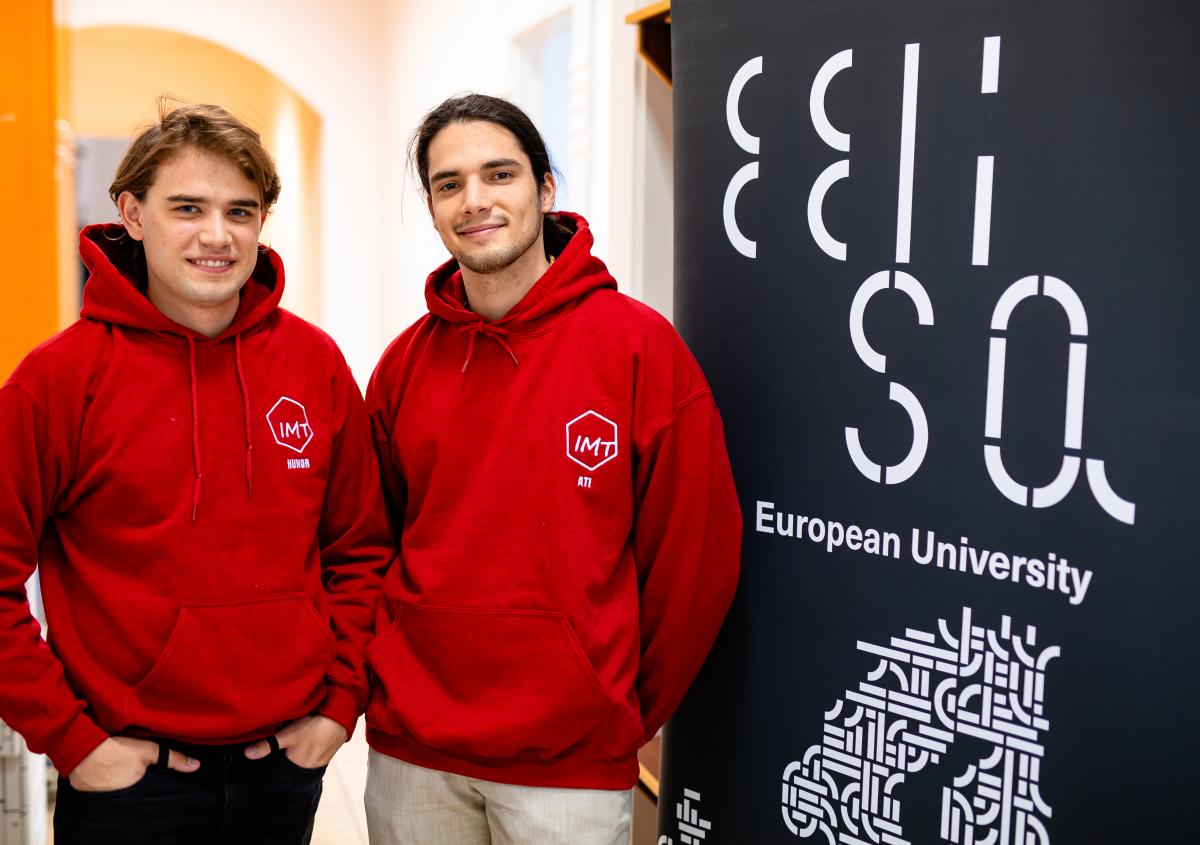
How do you help students navigate the healthcare system?
We have a dedicated email address where they can reach us if they encounter health issues. Naturally, we are not healthcare professionals, so we can't provide medical advice, but we can direct them to the appropriate specialist.
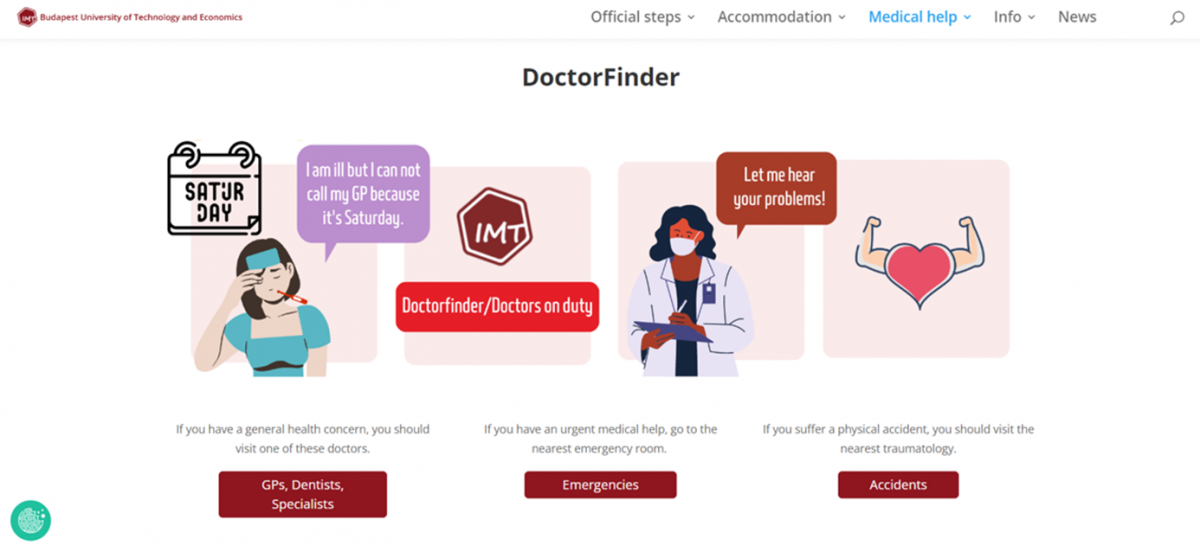
You mentioned that you were one of the main organisers of the International Week event series. Please summarise in a few sentences the tasks and challenges involved in organising the International Week.
International Week is a week-long event series aimed at facilitating interaction between foreign and Hungarian students. During the organisation process, we had to communicate with the university and MŰHASZ, coordinate the mentors’ work, and organise the promotion of events. Our main challenge was reaching Hungarian students because, we still lack the efficient channels to reach them. I believe this will improve in the future as more of our events are open to Hungarian students, allowing them to meet and get to know us and our international students better.
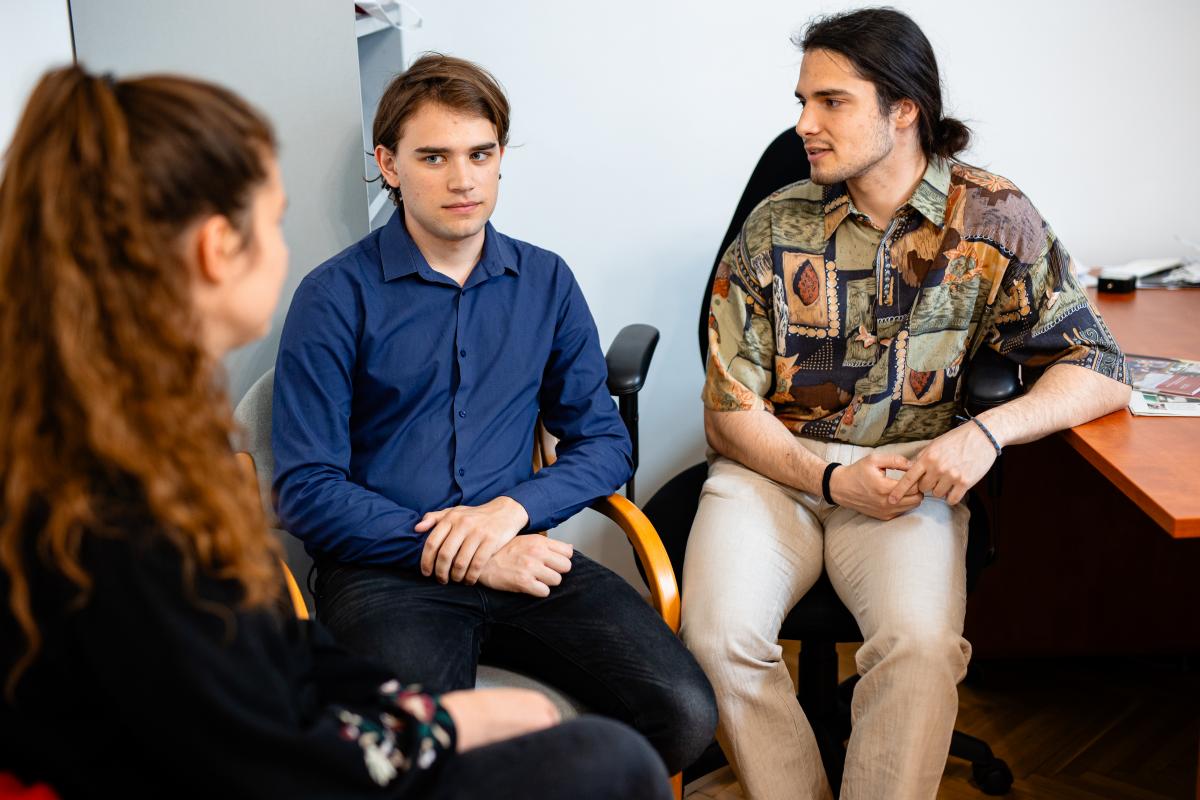
How did you experience this period as the main organiser?
It was a stressful period. We had to pay attention to many details to prepare the events properly, and of course, there was no shortage of sudden problems to solve in the final stages of organisation.
Why do you think the event series was successful? Do you plan to continue this tradition in the future?
Almost 700 people attended the events, which I think speaks for itself. I met many more Hungarian students during the event series than at our previous similar events, showing that our promotional campaign was successful. We definitely want to continue the tradition of International Week in the future; we believe it’s important to celebrate the diversity of BME students.
What was your fondest memory of the event series?
The closing event, the Sports Day, was particularly memorable for me. We successfully organised a volleyball and table tennis tournament, which had never been done in the history of the mentor team before. This was also our biggest sports event to date with approximately 130 participants.
Please share your most interesting story related to your work!
Instead of telling a specific story I would rather talk about a task that is dear for me. At the beginning of each academic year, we help newly arrived students get to the city from the airport. This gives us the opportunity to get to know some of our mentees better, which is rare because the 24 of us work with nearly 1600 students. We are usually the students’ first connection point in Hungary, and they often remember and greet us years later within the university’s walls. We often receive small gifts from them brought from their home countries, and these remain beautiful memories.
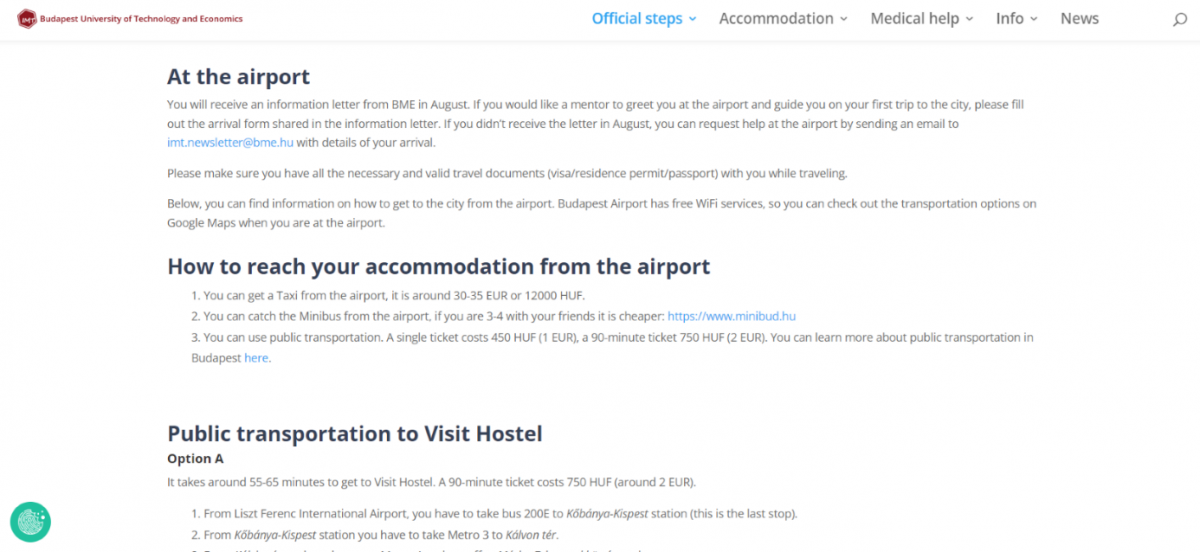
VH-BA
Photos: Attila Baumann, B. Geberle., bme.imt.hu
Instagram: bme_imt


